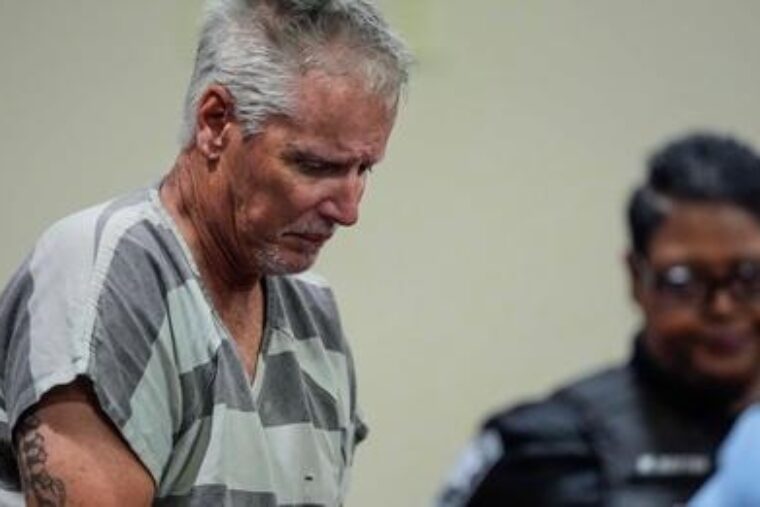Georgia has charged the father of 14-year-old Colt Gray. Is that fair?
The U.S. has been mired for decades in a partisan gun debate that has stymied practical answers for school shootings. The Second Amendment protects an individual’s right to bear arms, and gun control has become a political and practical dead end.
But Americans are understandably frustrated, angry and searching for other ways to prevent mass murder, especially against children in schools. Holding parents criminally responsible for abuses by their children may make sense when the facts of a case demonstrate negligence or aiding or abetting the child’s commission of a crime.
Georgia authorities clearly feel they have enough facts to warrant a charge against Colin Gray. Colt and his father were interviewed by police in 2023 after the FBI received anonymous tips about “online threats to commit a school shooting” on the social-media platform Discord.
When police visited, the boy denied making the threats and said he had deleted his Discord account. Colin Gray told law enforcement that “he had hunting guns in the house, but the subject did not have unsupervised access to them,” according to a statement from the FBI.
Police say Colt nonetheless used an AR-15-style rifle, a gift from his father, in his school attack. Gray family members including the boy’s grandfather, Charlie Polhamus, have said since the attack that the family home was dysfunctional and Colt’s emotional turmoil was the result of verbal abuse. “He was just a good kid, but he lived in an environment that was hostile,” he said. While the boy will “pay the price” for the crime, “his dad is as guilty as Colt is.”
In April a jury in Michigan convicted parents Jennifer and James Crumbley after their son killed four students and wounded six others in 2021. The Crumbleys were prosecuted for being negligently indifferent to their son’s mental health while failing to secure family firearms. They received 10-year prison terms.
The Georgia facts will be tested in court, and it’s important that laws are written in a way that requires clear parental culpability. School shootings are horrific, and the public desire to cast blame can be strong. There needs to be evidence beyond guilt by parental association.
***
A second useful focus has to be more school security, as some states and communities are doing. States including Pennsylvania, Texas and Michigan have funded security upgrades for school buildings. Utah in March allocated $100 million in one-time funding and $2.1 million in annual funding. In 2023 Georgia allocated $115 million in school security grants.
Security measures didn’t prevent the shooting this week, but they might next time. When the Georgia shooter returned to his algebra class with a gun, he was unable to enter because the door had locked automatically and a fellow student refused to open it. The shooter turned his bullets on students that were more easily accessible. Staff also used ID cards with emergency buttons that alerted police to an active threat at the school.
Many schools run safety drills that teach students how to behave in a crisis. That’s good, but schools also need to stop shooters before they get that far. States and school districts can standardize rules that limit school access to a single entry point by sealing and reinforcing other school doors.
Confronting a shooter who is attempting to enter the building is the best chance to prevent horrific loss. Campuses from elementary to high school may need to have an armed security guard or local police officer on duty during the school day. Bag checks are a reasonable measure for added safety.
It’s a tragedy that such security steps are needed, but the deeper causes of school shootings such as community and family dissolution will require a cultural renaissance. Social media’s bad effects also need to be countered.
But in the near term, increased security and law enforcement are essential, and tragically so is holding parents responsible when their children kill with guns that shouldn’t be in their possession.
The Editorial Board WSJ



